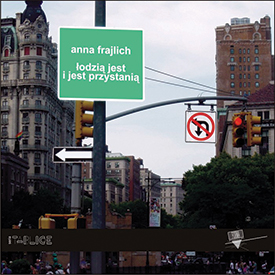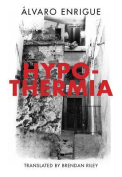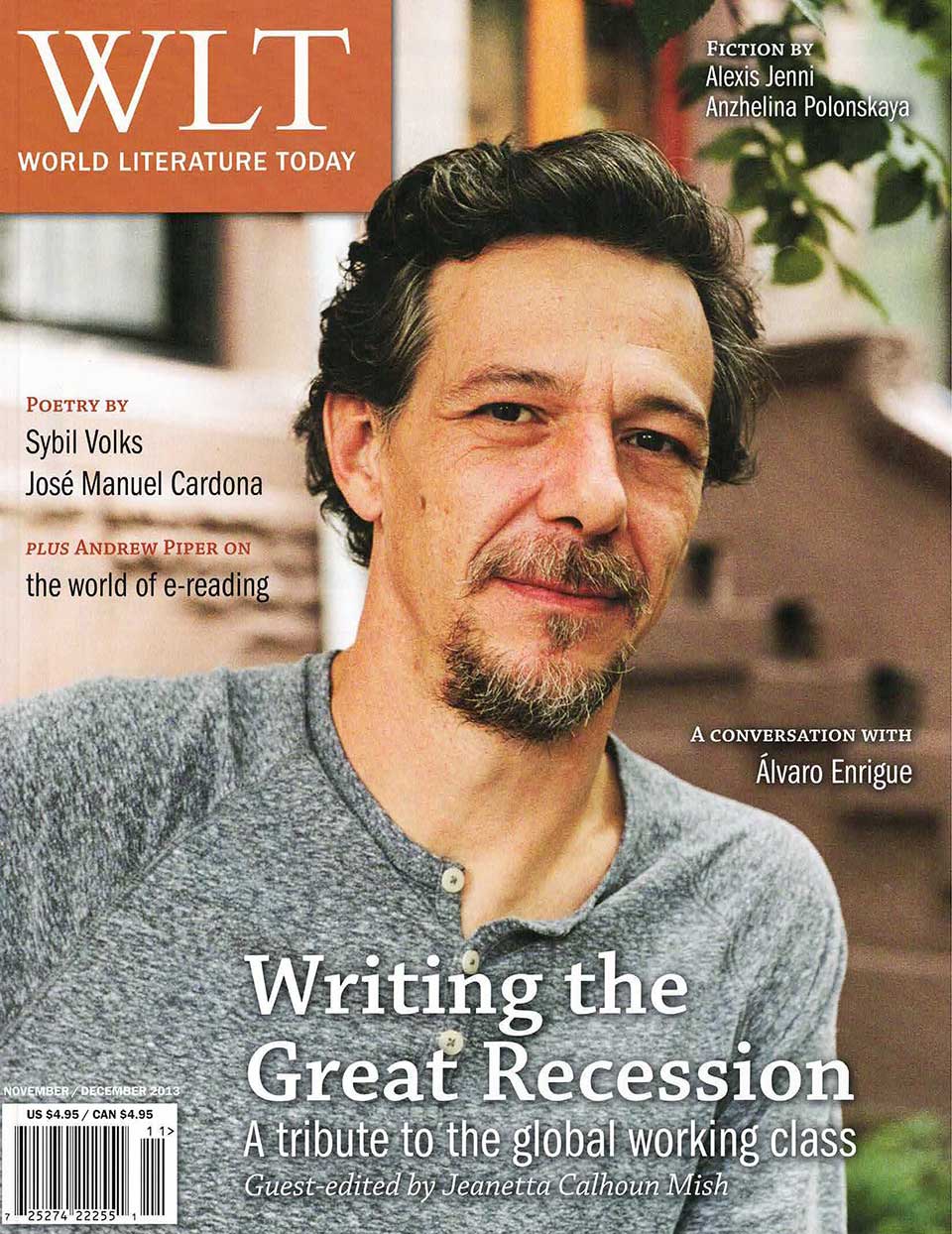Łodzią jest i przystanią by Anna Frajlich
Szczecin, Poland. Forma. 2013. ISBN 9788363316365
 In July 2001 Anna Frajlich wrote in her poem “New York”: “This city is mine / and I belong to it / in the crystalline air / we sail along the shores / is it beautiful? Never mind / what matters is that it is a boat / and a station.” For the poet, New York is a canyon, a bus stop, an island, a mystical place scarred by the destruction of the Twin Towers on September 11, 2001, that created “a painful column of fire / a bitter fog” (“The Taller Towers”). From the newfound safety of this place, the poet navigates the multiple shores of her life and creates her own palimpsestic, whimsical, and poignant map. Thus New York sails to unknown destinations; the eastern borders of Poland dance to and fro, playing tricks on people’s identities, and California becomes a blank spot on the map when a friend there dies.
In July 2001 Anna Frajlich wrote in her poem “New York”: “This city is mine / and I belong to it / in the crystalline air / we sail along the shores / is it beautiful? Never mind / what matters is that it is a boat / and a station.” For the poet, New York is a canyon, a bus stop, an island, a mystical place scarred by the destruction of the Twin Towers on September 11, 2001, that created “a painful column of fire / a bitter fog” (“The Taller Towers”). From the newfound safety of this place, the poet navigates the multiple shores of her life and creates her own palimpsestic, whimsical, and poignant map. Thus New York sails to unknown destinations; the eastern borders of Poland dance to and fro, playing tricks on people’s identities, and California becomes a blank spot on the map when a friend there dies.
Readers familiar with Frajlich’s work will delight in her light touches of language, memories, impressions, and thoughts that capture luminous details on the private and public surface of her life. They will also recognize the deep resonances of these evocations. The juxtaposition of the casual and the sublime is intriguing: a golden key opens Dante’s dark forest; market vegetables become one of Cézanne’s still life paintings; Damocles’s sword looms over cherry blossoms; Hans Christian Andersen’s sleepless princess writes the tale of her sister, the little match girl. Tragedy is never far: Daphne changed into a tree trembles with frustration; fire consumes people, books, and Prometheus’s liver, then and now. In “Later her skin . . . ,” Frajlich’s elderly mother—who tirelessly sewed clothes and memories in Lvov, Kyrgyzstan, Szczecin, and New York—sees her thin and brittle skin break, unable to mend the two shores of her life.
In her previous volume of poems, Znów szuka mnie wiatr (2001; The wind searches me again), Frajlich addressed the theme of exile and return that marked the 1990s. Łodzią jest i przystanią (It is a boat, it is a station) examines what comes next. Of her grandson who was born in 2000 she says, “He did not see / the twentieth century / nor did the century see / him / maybe it will be easier for him / without the weight / that drags us down / and chases us toward those / who passed away” (“The Sign of the Century”). Still, remembering communities destroyed by the Holocaust and forced into exile by the Cold War remains a priority. Several poems evoke the passing of Jan Kott, Czesław Miłosz, and Tymoteusz Karpowicz, along with that of friends, teachers, mentors, and family members. Łodzią jest i przystanią is part invocation, part necrology, and part martyrology. Like a “Memorbuch,” it challenges us to embrace the larger and more permanent picture behind the delightful miniatures, impressionistic aphorisms, and intimate poems written in the manner of a poetic diary.
Alice-Catherine Carls
University of Tennessee at Martin




